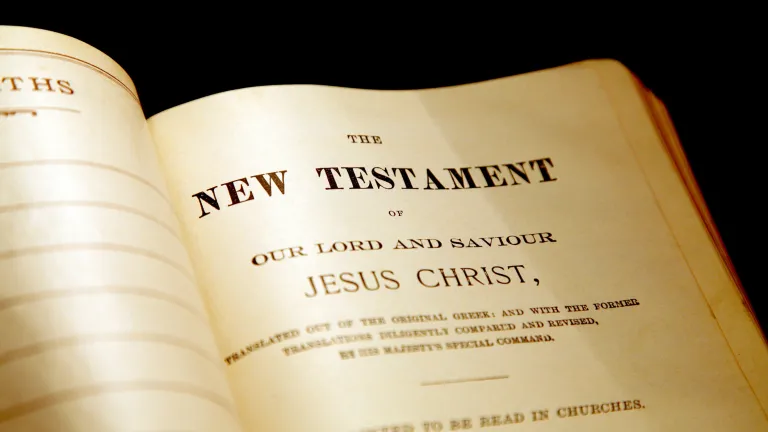What Did Paul Mean by 'Christ Is the End of the Law'?

Jesus Christ, the living Word of God, is a perfect replica of what God's law teaches. Pointing us to His character and work is the "aim" of the law.
In Romans 10:4, Paul's words are translated: "For Christ is the end of the law for righteousness to everyone who believes." Regrettably, most translators render the Greek word telos simply as "end" instead of giving Paul's intended meaning of that word in this context. Reasoning incorrectly that faith makes the law void, they have adopted an illogical assumption that Paul plainly rejected in Romans 3:31. This passage reads: "Do we then make void the law through faith? Certainly not! On the contrary, we establish the law."
To discover the proper translation of a word that can be used in more than one way, its context has to be understood correctly before any effort is made to determine the right nuance of meaning that the author intended. Here is a simple example. One might ask a college student, "To what end are you attending college?" The word "end" in that context would refer to the "objective" or "goal" the student has in mind. Receiving a degree would be only the "end result" of his college years of learning, not the end to his ability or desire to learn.
The Greek word telos, translated "end" in Romans 10:4, can convey variations in meaning, including "'the aim or purpose' of a thing" (Vine's Complete Expository Dictionary of Old and New Testament Words, 1985, "End, Ending"). This is very clear in the New King James Version's rendering of 1 Timothy 1:5, where telos is properly translated as purpose in the clause "the purpose of the commandment is love." In this same verse the NRSV translates telos as "aim" and the NIV renders it as "goal."
Paul uses telos in Romans 10:4 to convey that the objective or goal of the law—the "aim or purpose" of it—is to point us to the mind and character of Jesus Christ (Galatians 4:19; Philippians 2:5).
Jesus Christ, the living Word of God, is a perfect replica of what God's law teaches. Pointing us to His character and work is the "aim" of the law. Rendering of telos as "end" in Romans 10:4 distorts Paul's intended meaning—something Peter forcefully warns us not to do (2 Peter 3:15-16).







